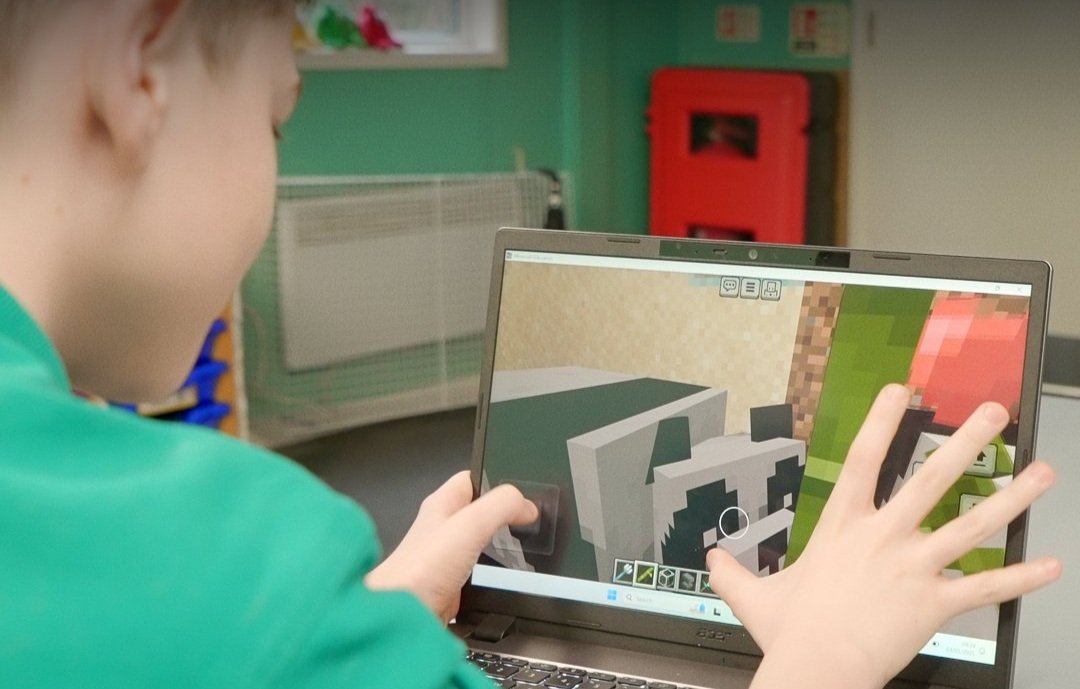Carnegie Learning and AI for Education partner to boost AI Literacy in K-12 education

Carnegie Learning and AI for Education have teamed up to promote AI literacy and support responsible AI use in K-12 education across the United States.
The collaboration combines Carnegie Learning’s expertise in AI-driven educational tools with AI for Education’s focus on training educators in generative AI. The partnership addresses the rising need for AI training among teachers and to provide practical tools for classroom integration.
Carnegie Learning, founded within Carnegie Mellon University, has over 26 years of experience developing educational tools.
AI for Education, has already provided AI training to 250,000 teachers worldwide. The organisation has worked with large school districts across the U.S. and offers resources and guidance to support responsible use of AI in classrooms.
Barry Malkin, CEO of Carnegie Learning, emphasised the demand for practical AI solutions in education:
“The demand for AI in K-12 education is unprecedented. We know from our research and conversations with K-12 educators that they want to use the latest AI innovations in their classrooms to help their students succeed.
“They need real solutions that work, and there’s no one better to bring immediate, actionable, classroom-ready AI implementation tools than Amanda Bickerstaff and her team at AI for Education. It is incumbent upon us to educate future generations on how to use this ever-evolving technology. We could not be more excited to collaborate with them on this critical work.”
The partnership also includes a focus on promoting responsible AI use in schools, providing educators with the guidance necessary to implement AI ethically.
Amanda Bickerstaff, CEO of AI for Education, stated:
“Our work in schools has always been focused on AI literacy and ensuring educators have the knowledge and support they need to navigate AI effectively and ethically in their classrooms.
“This partnership allows us to reach more educators and prepare them to harness this technology in ways that are both human-centered and enhance student learning and success. Together, we’re taking a significant step forward in making high-quality AI training accessible to every educator across the country.”




















